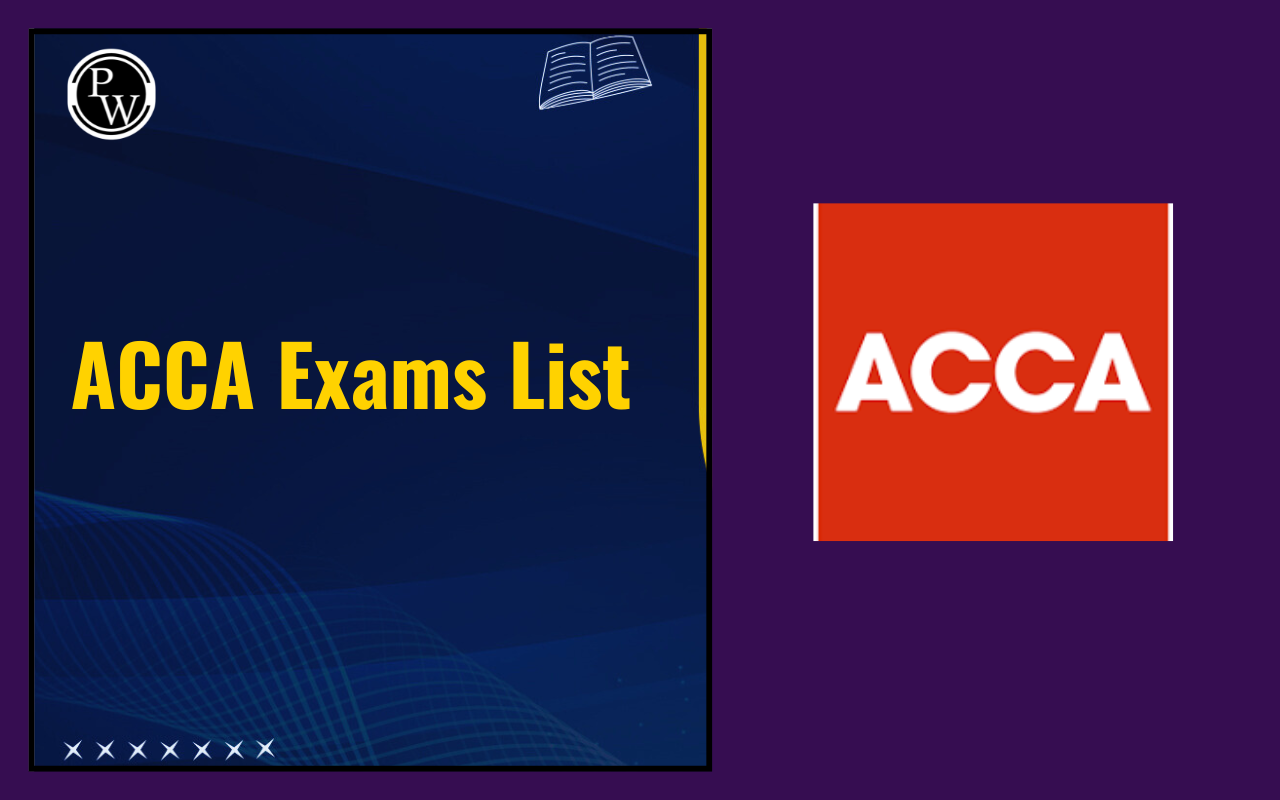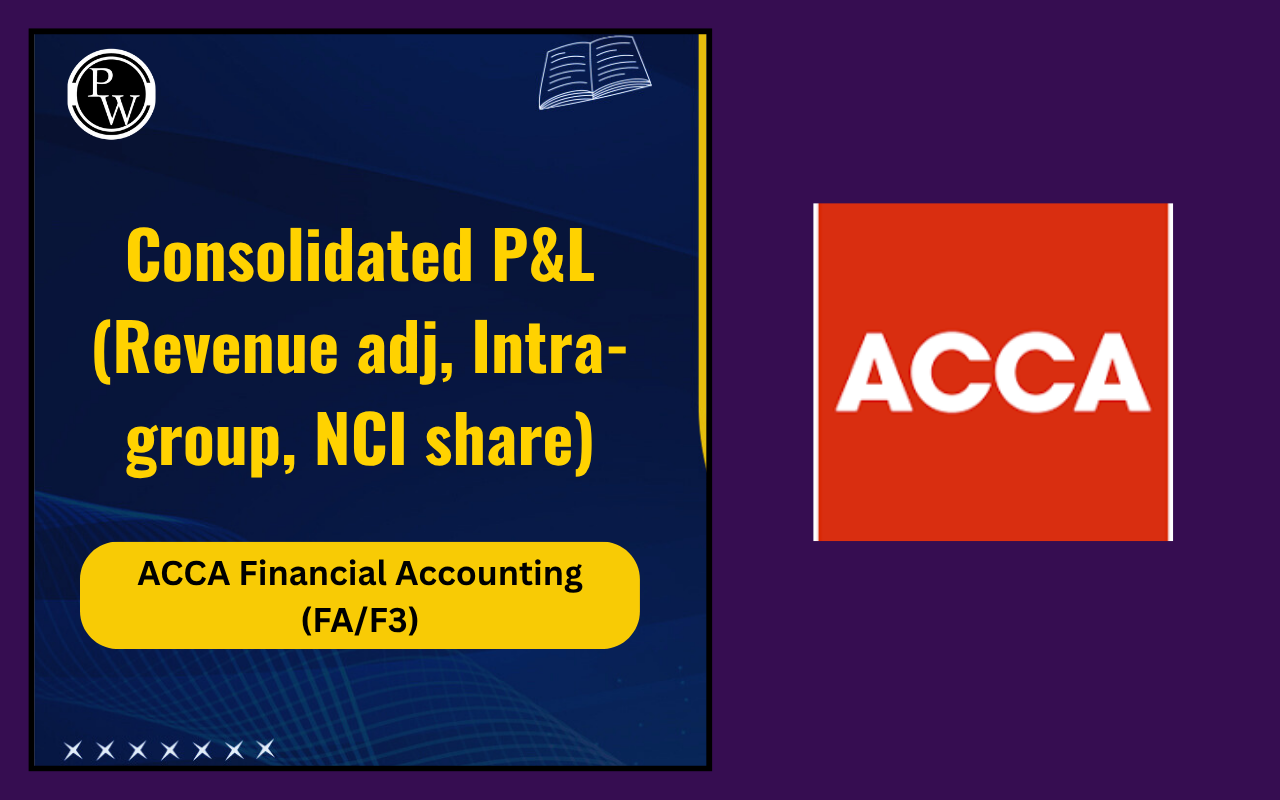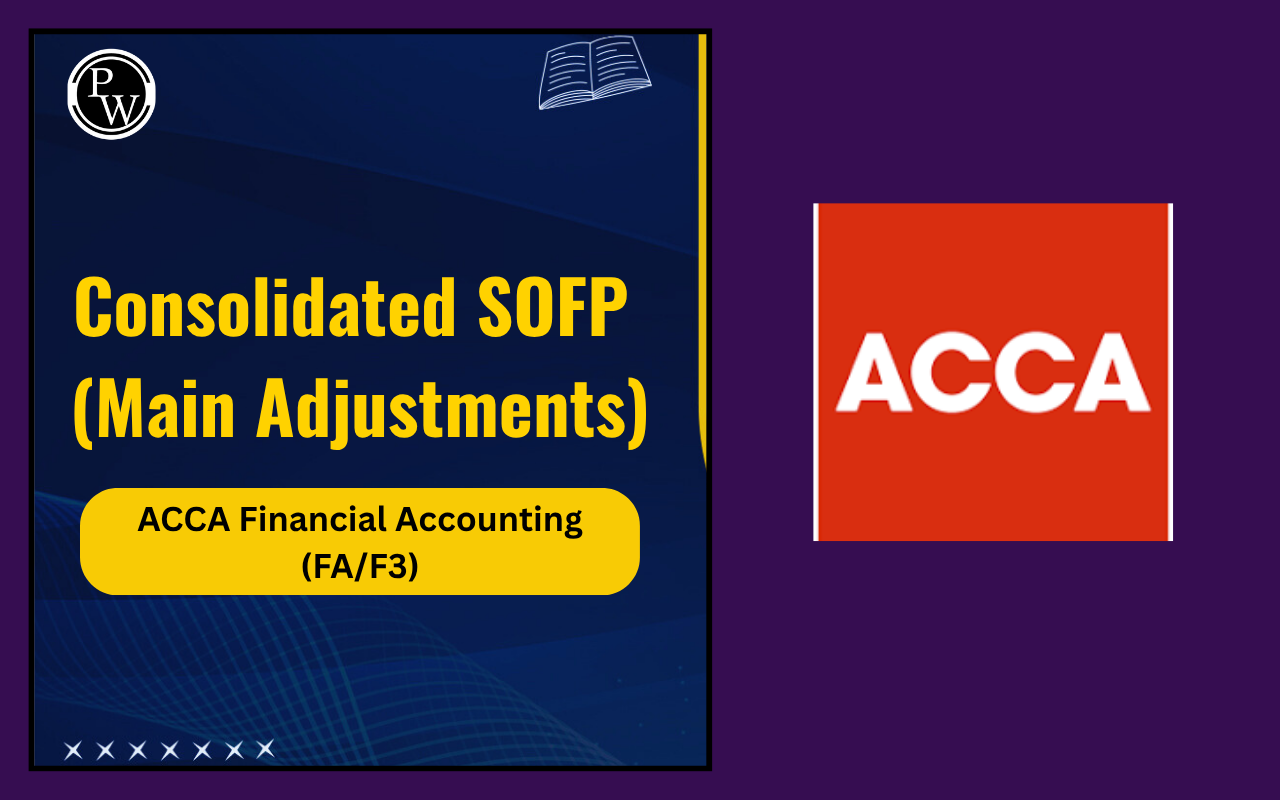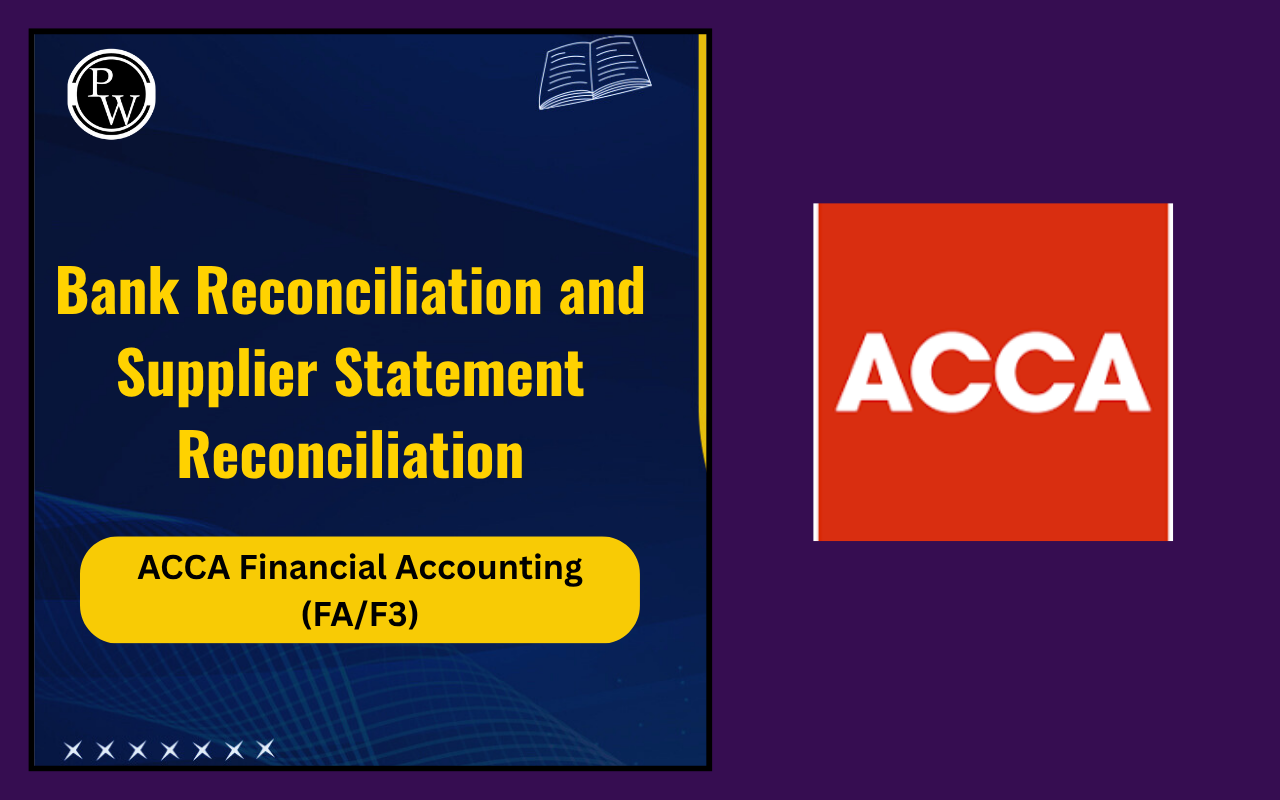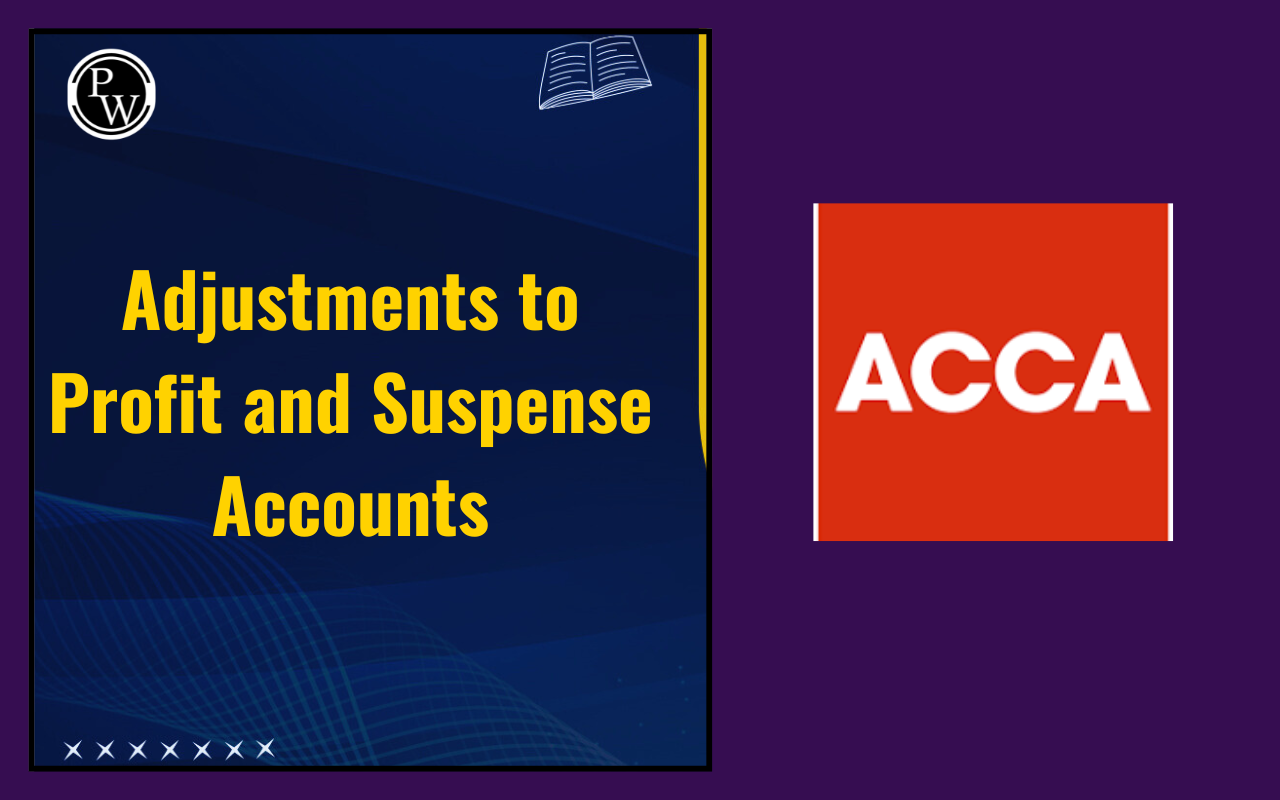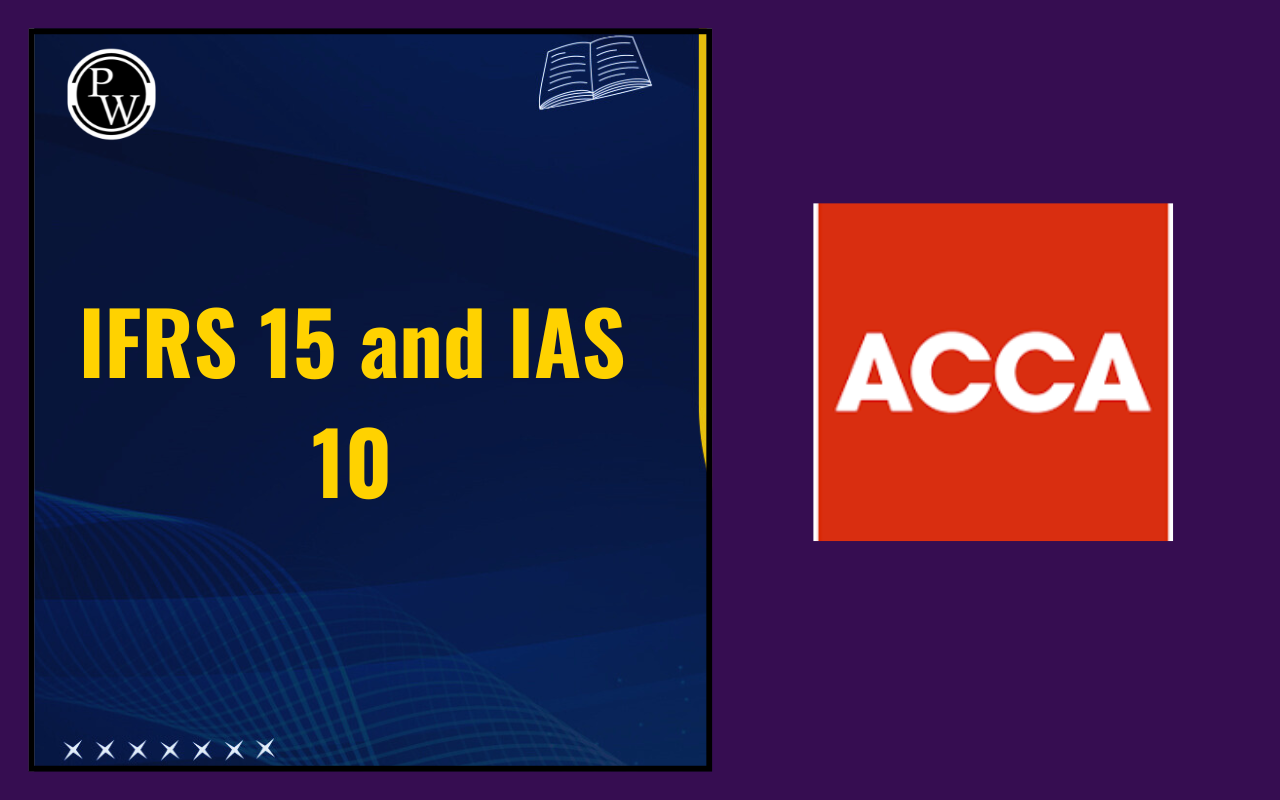

If you're considering the ACCA qualification, you might wonder whether ACCA professionals have signing authority. This is a common question among aspiring accountants and finance professionals.
The Association of Chartered Certified Accountants (ACCA) is a globally recognized qualification that opens doors to career opportunities worldwide. ACCA-certified professionals are highly valued in the industry, with many countries granting them the authority to sign audit reports and establish their own audit firms.
However, signing authority varies by country. While some nations allow ACCA members to sign audit reports independently, others may require additional certifications or local registrations.
Keep reading to discover which countries grant signing authority to ACCA professionals and why pursuing an ACCA can be a game-changer for your career.
What is the ACCA Qualification?
The Association of Chartered Certified Accountants (ACCA) is a globally recognized accounting qualification that opens doors to lucrative career opportunities. It is one of the most sought-after credentials in the finance and accounting sector, equipping students with in-depth knowledge, practical skills, and industry expertise.
Earning an ACCA qualification allows professionals to work in multinational corporations, as its international recognition makes it easier for companies to relocate employees across different countries. This makes ACCA an ideal choice for those aspiring to build a global accounting career.
Countries Where ACCA Holders Have Signing Authority
Earning an ACCA qualification opens doors to professional recognition in multiple countries. Many nations grant ACCA members signing authority, allowing them to certify financial statements and audits. Here’s a look at the key countries where ACCA professionals enjoy this privilege:
1. Australia & New Zealand
Both Australia and New Zealand provide excellent career prospects for ACCA holders. The ACCA has an agreement with CPA Australia, allowing its members to work as Public Accountants with full signing authority.
2. United Kingdom
As the ACCA headquarters is in London, UK, qualified members can practice and obtain signing authority. However, to sign audit reports, professionals must obtain an ACCA UK practicing certificate and audit certification.
3. United Arab Emirates (UAE)
The UAE is a popular destination for ACCA professionals. Through an agreement with the Accountants and Auditors Association (AAA), ACCA members can gain signing authority by becoming AAA members.
4. Canada
Canada attracts many ACCA holders looking to settle and build their careers. ACCA’s agreement with CPA Canada enables its members to work as Public Accountants with signing authority, making Canada an attractive destination for accounting professionals.
5. Malaysia
Malaysia offers great opportunities for ACCA professionals. The Mutual Recognition Agreement between ACCA and the Malaysian Institute of Certified Public Accountants (MICPA) grants ACCA members signing authority in the country.
6. Germany
Germany acknowledges ACCA qualifications under European Union (EU) equivalence agreements. However, full signing authority requires additional qualifications from the Chamber of Public Accountants (Wirtschaftsprüferkammer – WPK).
7. Switzerland
Switzerland, a global financial hub, offers lucrative roles for ACCA holders. While direct signing authority isn’t granted, ACCA members can qualify as auditors by meeting Swiss regulatory and work experience requirements.
8. South Africa
In South Africa, ACCA is recognized by the South African Institute of Chartered Accountants (SAICA) and the Independent Regulatory Board for Auditors (IRBA). ACCA members can obtain audit rights and signing authority by fulfilling SAICA’s requirements and registering with IRBA.
ACCA professionals benefit from global recognition and career flexibility, making it a valuable qualification for accountants aiming for international success.
ACCA Course Eligibility Criteria
To pursue an ACCA (Association of Chartered Certified Accountants) degree, candidates must meet the following requirements:
-
Must have completed 10+2 (Higher Secondary Education).
-
Should have scored at least 65% in Mathematics, Accounting, and English, and a minimum of 50% in other subjects.
-
If these criteria are not met, candidates can still join ACCA through the Foundation in Accountancy (FIA) route.
This alternative pathway allows students to build their knowledge and later progress to the full ACCA qualification.
Why Choose the ACCA Course?
If you’re an aspiring accountant, the ACCA qualification can be a game-changer for your career. The following is why pursuing an ACCA course is a smart choice:
1. Global Career Opportunities
The ACCA qualification is recognized in over 180 countries, giving you the flexibility to work anywhere in the world. Many countries also grant ACCA members signatory authority, enhancing their professional standing.
2. High Industry Demand
Companies actively seek ACCA-certified professionals because they possess the expertise to analyze business operations and implement improvements. This qualification enhances career prospects across industries.
3. Strong Financial Expertise
The ACCA course provides in-depth knowledge of accounting principles, tax regulations, and industry standards. It ensures that you stay updated with the latest financial and taxation laws.
4. Flexible Learning & Exam Structure
ACCA exams are conducted quarterly, with some available on demand. You can take anywhere between 1 to 4 exams per session, allowing you to study at your own pace while managing other commitments.
5. Higher Salary Potential
With advanced financial skills and international recognition, ACCA-certified professionals enjoy higher earning potential and access to well-paying job roles worldwide.
6. Continuous Career Growth
ACCA emphasizes continuous professional development, helping you stay ahead of industry trends and advance in your career with ongoing learning opportunities.
7. Strong Professional Reputation
Employers globally recognize ACCA members for their expertise and ethical standards. Being an ACCA member sets you apart as a credible and skilled accounting professional.
| Also Check: |
| How to Approach ACCA Case Study Questions? |
| Trending in Demand Skills for ACCA Certification in 2025 |
| Benefits of Getting an ACCA Certification |
| Job Opportunities for ACCA Freshers in India |
FAQs
In which countries do ACCA members have signing authority?
Can ACCA professionals sign audit reports in the UK?
Does Canada recognize ACCA qualifications for public accounting?
Can ACCA members start their own audit firms?



